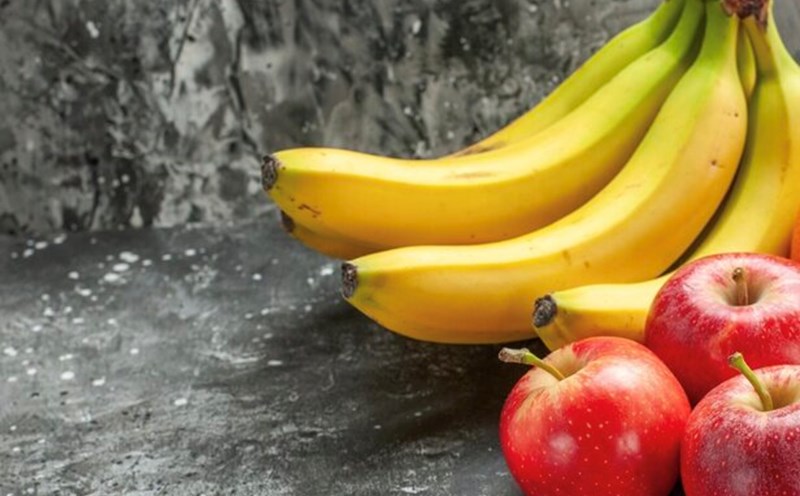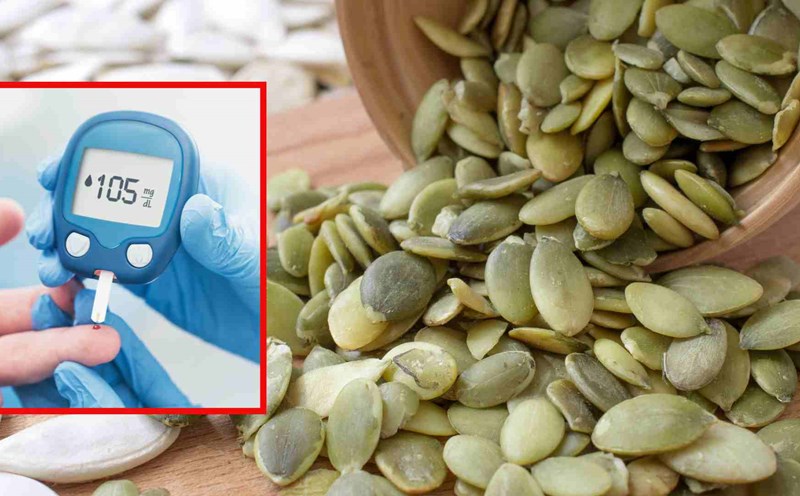Low in calories but many benefits
An average golden squash contains only about 38 calories but is rich in potassium (444 mg), magnesium, vitamin C, A (in beta-carotene form) and fiber. According to nutritionist Morgan Pearson, MS, RD: Gold beans are a great choice for those who want to maintain weight and improve their health without worrying about calories.
In addition, pumpkin is also rich in carotenoids such as lutein and zeaxanthin, which have strong antioxidant properties, helping to neutralize free radicals, causing cell damage and leading to chronic diseases.
Positive effects of digestion on vision, bones and skin
The insoluble fiber in pumpkin helps improve bowel movements, supporting the digestive system to function stably, especially for people with irritable bowel syndrome (IBS). A diet rich in vegetable fiber like pumpkin can naturally and sustainably improve gut health, says Dr. Sohaib Imtiaz, a gastroenterologist in the UK.
For eyesight, lutein and zeaxanthin in pumpkin have been shown to help protect the retina from blue light, reducing the risk of macular degeneration due to aging and cataracts. In addition, antioxidants in squash also help the skin fight the harmful effects of UV rays and improve skin moisture and elasticity over time.
Not only that, pumpkin also supports bone health thanks to its essential micronutrients such as potassium, magnesium and vitamin C. Research published in the Journal of Bone and Mineral Research shows that a diet rich in vegetables is associated with higher bone density and reduced risk of osteoporosis in the elderly.
Although there is no separate research focusing on pumpkin, the nutrients in this food have been scientifically proven to bring many health benefits. Morgan Pearson recommends: You should include pumpkin in your daily diet as part of a multi-colored eating strategy to optimize long-term health.











